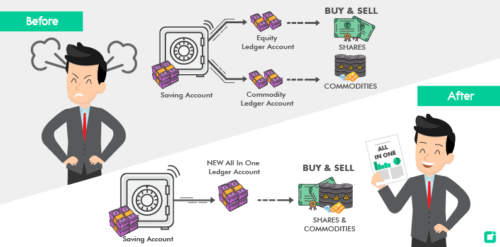10 Years of tradejini
It was back in 2012, when 2 entrepreneurs having a combined experience of over 60 years in stock broking and Stock Investing decided to start a company that solely focuses on the emerging needs and demands of traders and investors, delivering in class digital experience and support. Right from the beginning, Tradejini focused on minimising the cost of transactions to ethically maximise the profits of the clients in the long term. This very client centric nature of Tradejini has won loyal clients over the decade.Read more...





